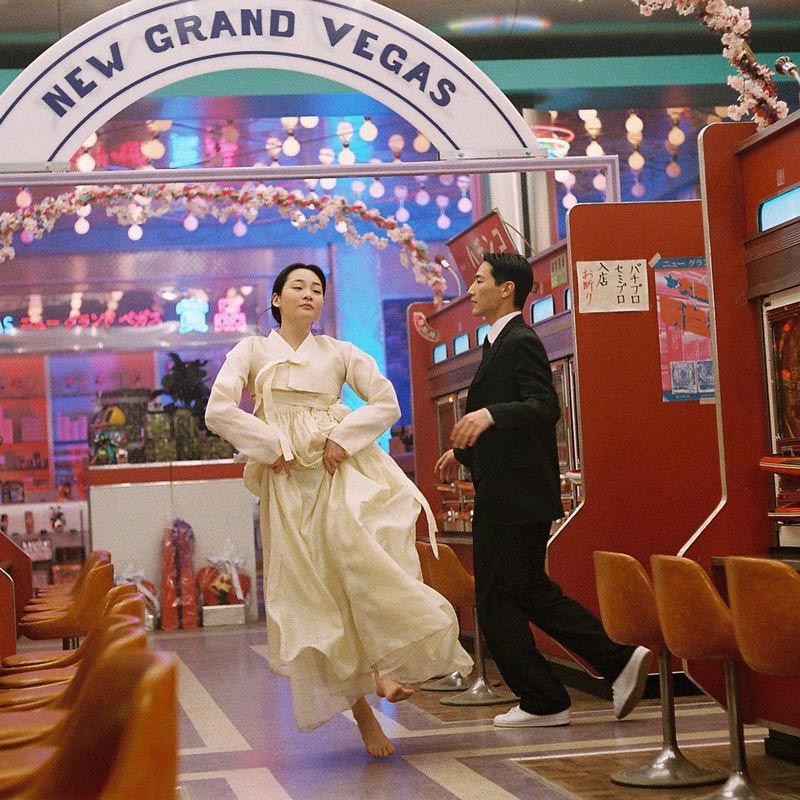Abstract
In March 2022, streaming platform Apple TV+ released Pachinko, a much-anticipated adaptation of Min Jin Lee’s novel of the same name that follows a Korean family across four generations to explore the interstices of colonial Korean, Zainichi Korean (literally “Koreans in Japan”), and Asian American experiences. Spearheaded by Asian American executive producers, writers, and filmmakers, and featuring a majority Asian cast primarily speaking Japanese and Korean, the drama has been hailed as the biggest multilingual spectacle (with a per-episode budget estimated at $6.5m), a champion of minority representation in Hollywood, and the latest Korean media content to attain global circulation, but curiously sidelining existing debates on Zainichi screen images in Japan. Taking Pachinko as a case study, this paper examines the challenges and the promises of studying “Zainichi cinema,” or the discursive construct surrounding Zainichi Korean screen narratives, within a global frame. Drawing on the model of transpacific studies, I first historicize the Zainichi cinema debates within the marginalization-in-Japan framework of Japanese studies and the Koreanness-in-dispersal framework of Korean studies before engaging, via Pachinko, with the additional frames of Asian American studies and global media studies. In the second half of the paper, I turn to formal analysis, exploring the series’ unique use of parallel editing and subtitles, which constitutes what I call the cosmopolitan middlebrow style, addressing the globe’s rising middleclass. Ultimately, I argue that Pachinko calls for a global reframing of Zainichi studies, not because of Hollywood’s supposed universal appeal, but because of the multiplicity of reading positions the series addresses, thus effectively rendering every viewer a partial stranger vis-à-vis the story world.

This work is licensed under a Creative Commons Attribution-NonCommercial-NoDerivatives 4.0 International License.
Copyright (c) 2023 Transnational Asia

